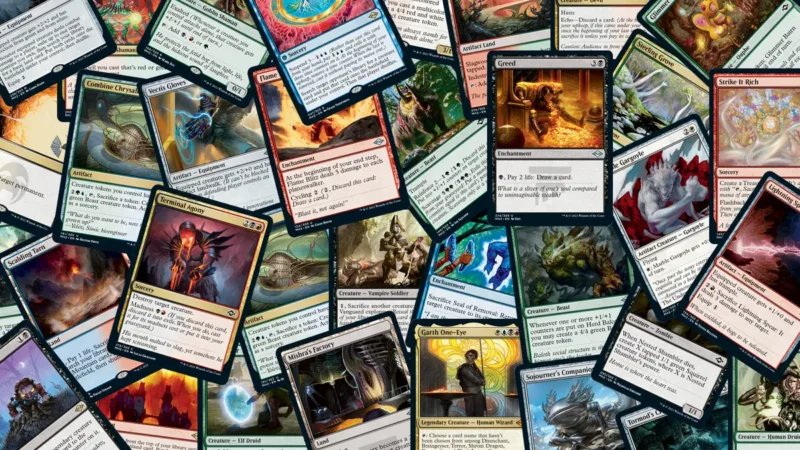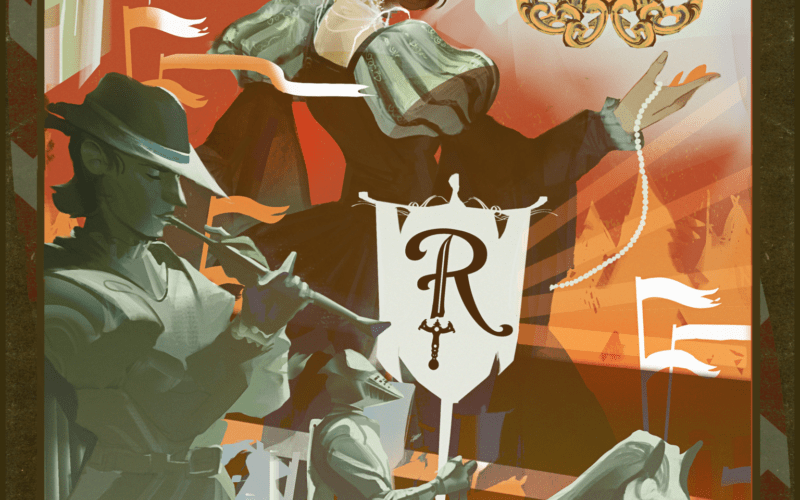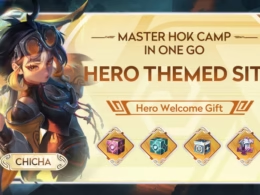Let’s be real here: Winning is difficult but its easier to manage than losing. Losing is the real hard part in any game, let alone in Trading Card Games.
Statistically, a tournament is designed to generate a lot more losers because ultimately there is only one winner and its easy to lose track of sportsmanship when your competitive muscle is active all the time.
Nobody needs a guide on how to cope with victories but everyone needs a guide on how to navigate the murky depths of loss and that is what this article series will delve into over the next couple of weeks.
1. Everyone has lost before
Losing is a fundamental aspect of any game and everyone has been on the receiving end of it. It doesn’t matter how good you are, you are bound to lose at some point in time. Understanding that fact and managing it goes a long way in determining what type of relationship and connection you have with your game.
There are a number of constructive ways to deal with losses, and in the long term, it will definitely make you a better player and a better person in general especially if you take losses as a cold hard truth. The ripple effect of taking losses hard will affect your mindset, skill set, finances, and even your relationship with people outside of the games that you play.
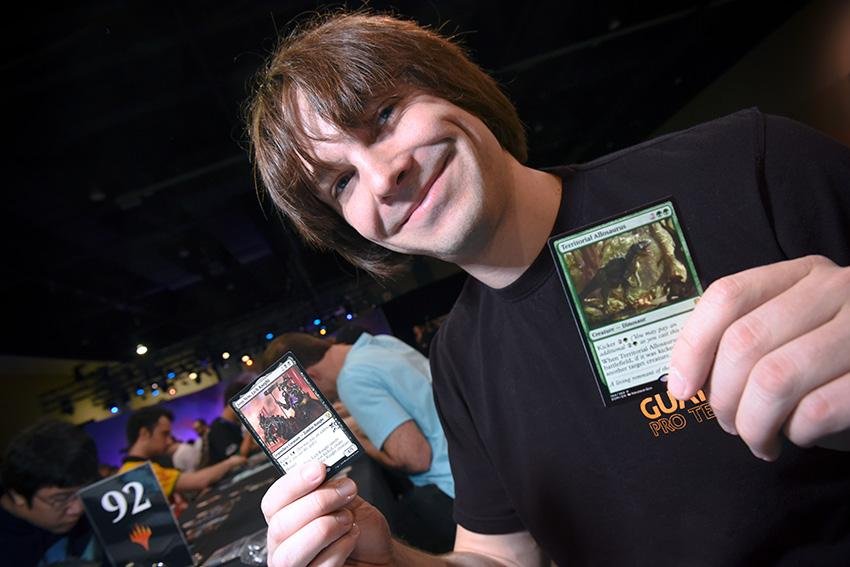
My personal hero, Reid Duke, who is a Hall of Fame MTG player often conducts tape studies where he reflects on his choices in each game and looks to improve from there. This is one of the best players in the world mind you, and that is saying a lot. Which brings me to…
2. Pay attention to your losses, but don’t let it overwhelm you!
Reid Duke went to a 16 round Pro Tour event and started out 0-4. Results like that won’t destroy any normal competitor but Reid went on to get a 11-5 finish in the entire tournament. What made the difference? Reid cared about his losses, learnt as he lost, and maintained his mindset throughout the struggle of losing.
He almost certainly cared that he lost, but he could not let them weigh him down so he could continue to perform at his optimal level. This brings up a myth: a lot of people think that people with strong mental game do not care when they lose, but that is simply untrue.
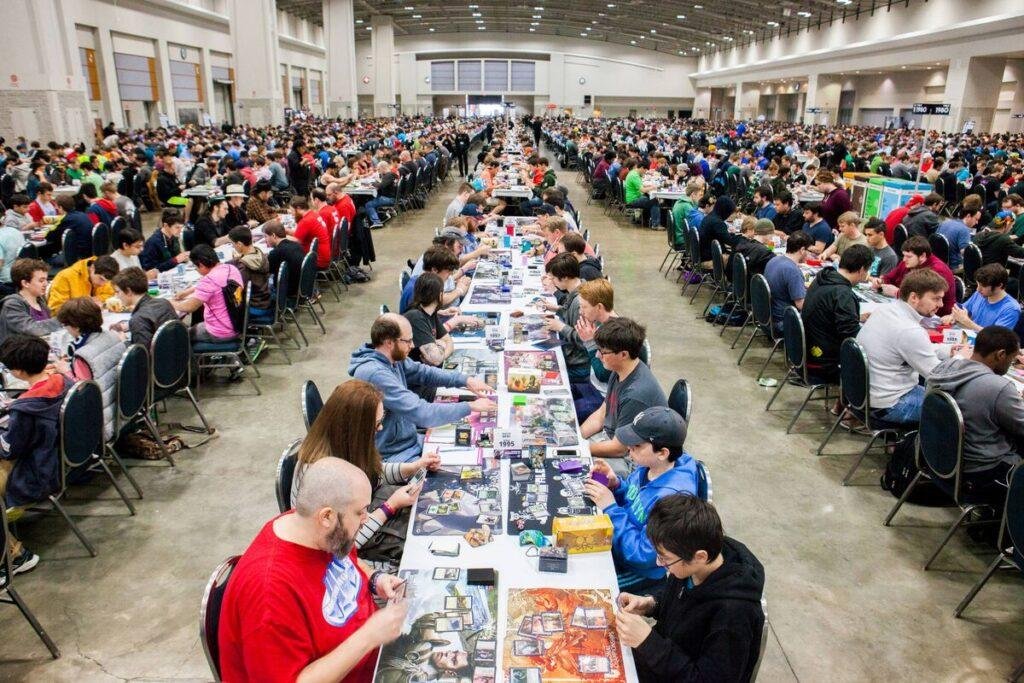
A lot of people are too willing to give up when they have bad starts, but if they do well, everything that came before does not matter to them at that point. If you do not care about the outcome of the match, it is more likely you are burnt out about your game in general rather than being strong willed.
It is natural to care about losing or to even be a bit upset by it, but when you are in a game, your main focus should be winning it, not about anything that happened before. Most losses happen because of people not understanding that.
3. Misplaying is okay, but learn from it!
Many people take misplaying very seriously and allow it to tilt their mood beyond what it should be. It is really easy to get embarrassed because nobody wants to be perceived as a bad player but you have to leave your ego at the door when it is time to play.
If you worry too much about a mistake, you are focusing less on how you made it, why you made it, and how you can avoid it in the future. Swallowing your pride and being more mindful in an event setting is definitely hard to do, but this should be your aim.
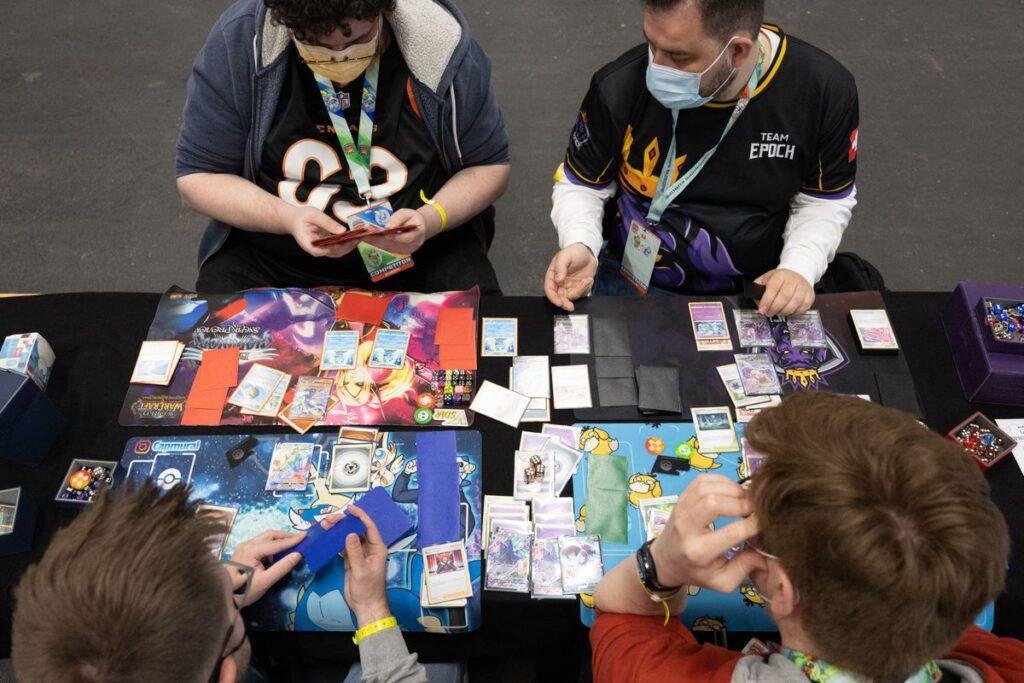
A lot of players assume the best players just do not misplay but I disagree. The best players (like Reid Duke) are the ones who are the most willing to admit when they misplay as they can correct themselves and not do it again. This kind of accountability is what makes amazing players amazing, not that they never misplay.
It is easy to have your ego get bruised or to be defensive when the idea that you messed up comes up but you have to embrace that. You have to be willing to accept that you are likely to make a lot of mistakes and you should listen and really absorb the lessons from it when you realize it, or somebody else tells you.
I see a lot of players try to justify their errors but that is so much less helpful than just accepting you misplayed and move on. All games especially Magic: The Gathering is already really hard, do not make it harder on yourself!

That is all for this week, and next week, I will dive deeper into things you can do during the tournament setting itself to ensure you can regulate your emotions and think rationally to get the best outcomes in your competitive journey.
For more strategic guides to Trading Card Games, check out our previous article here.






